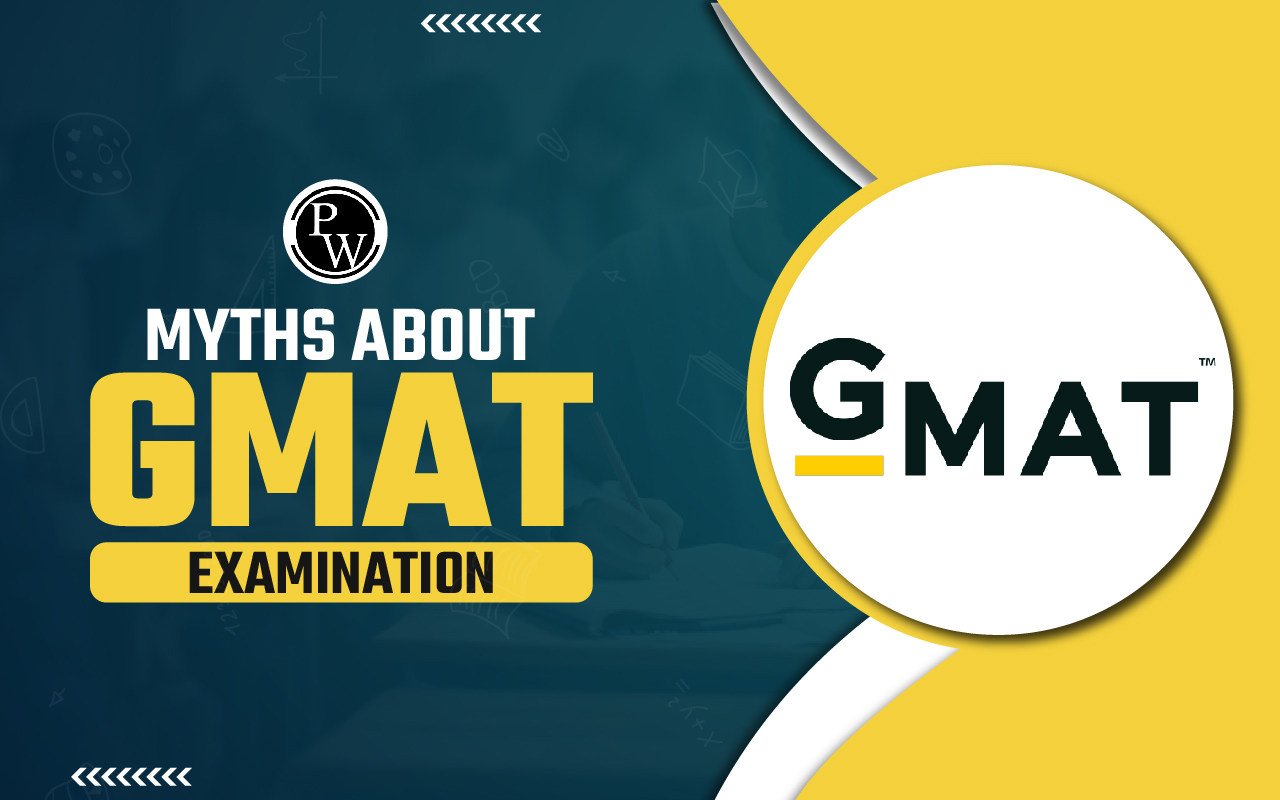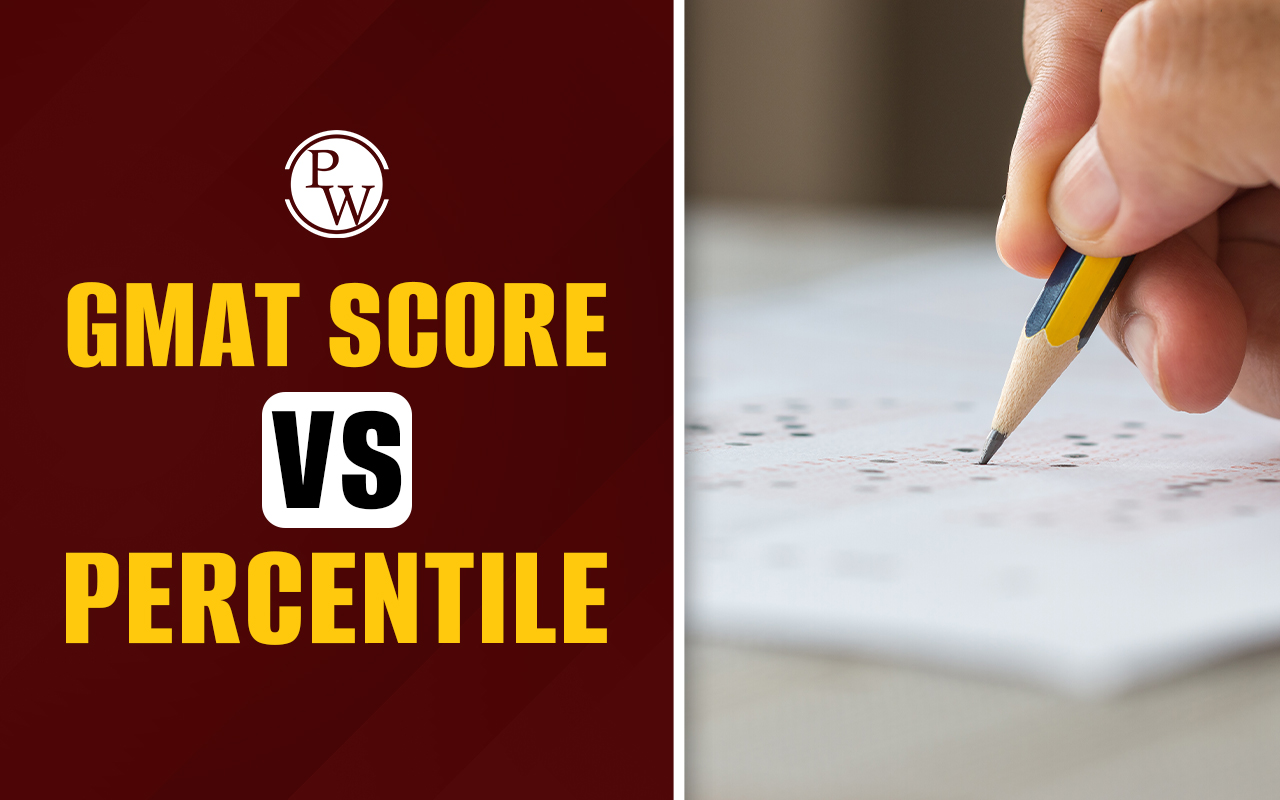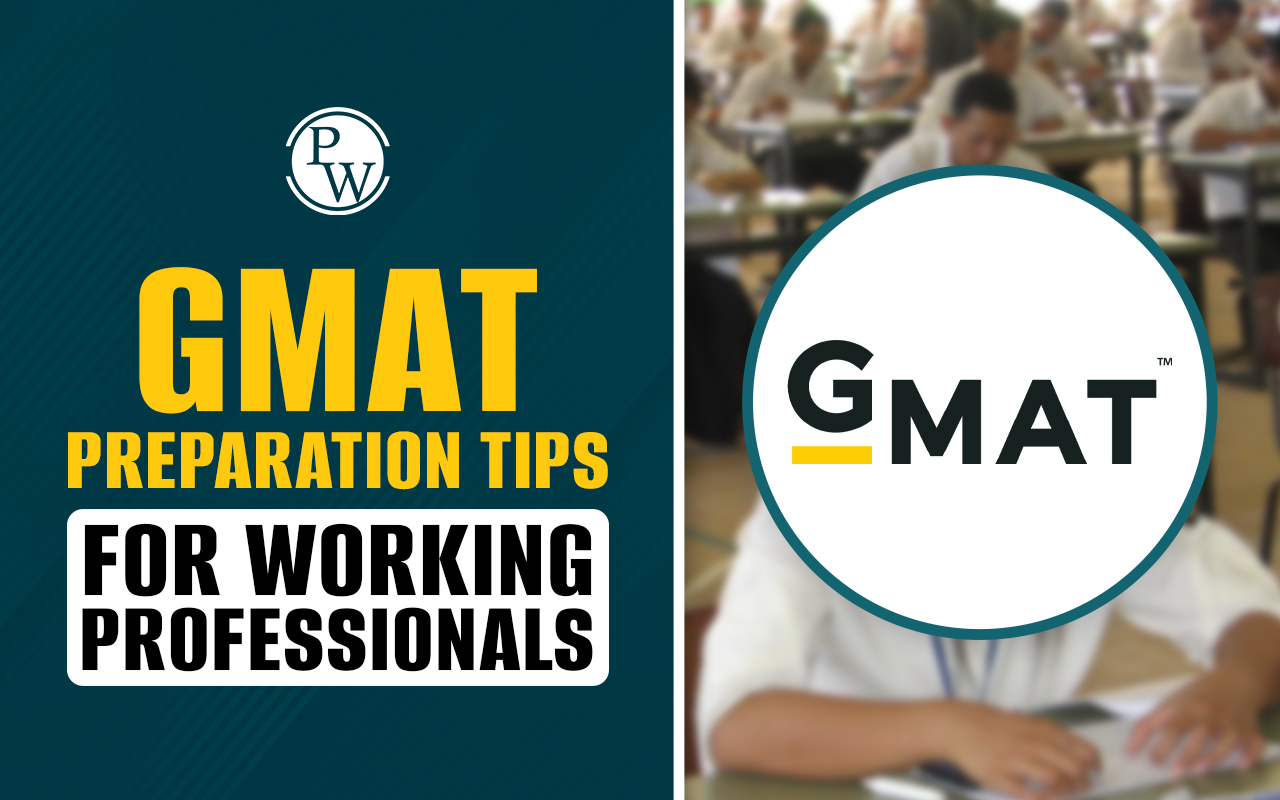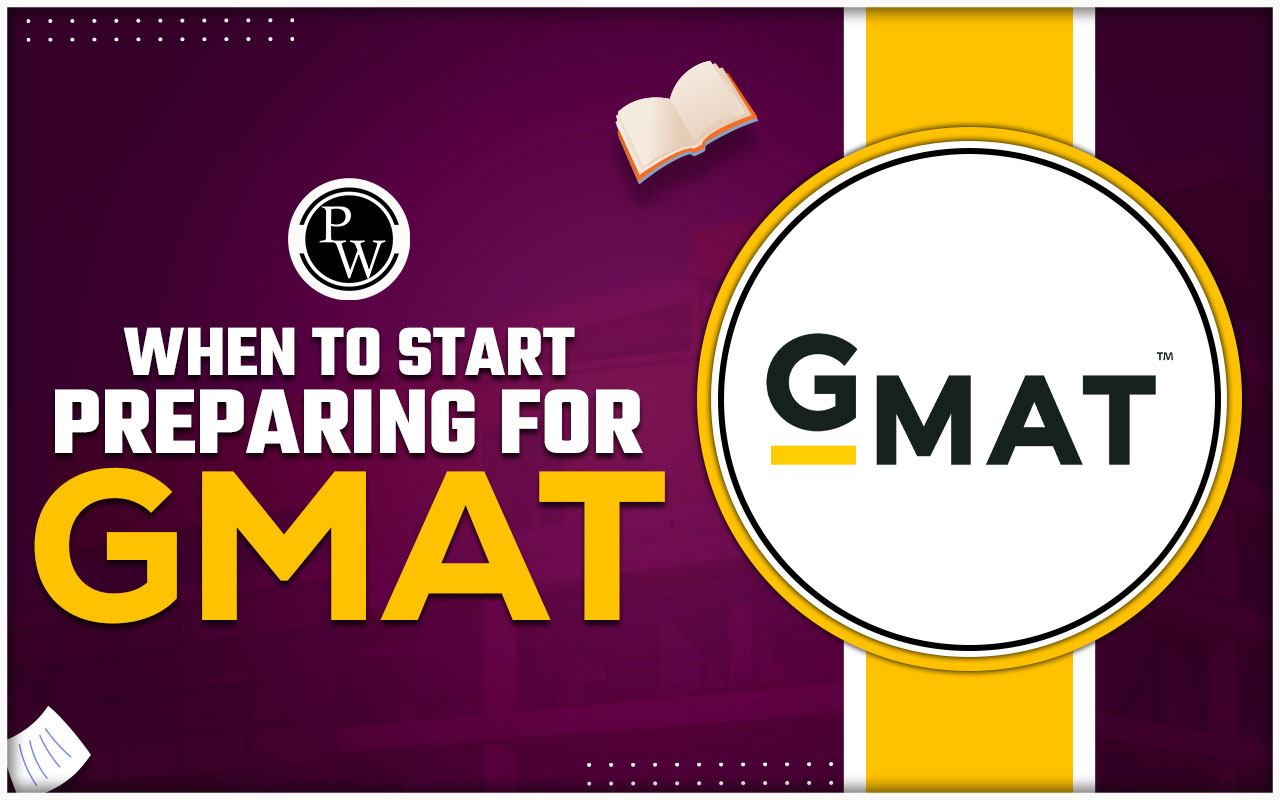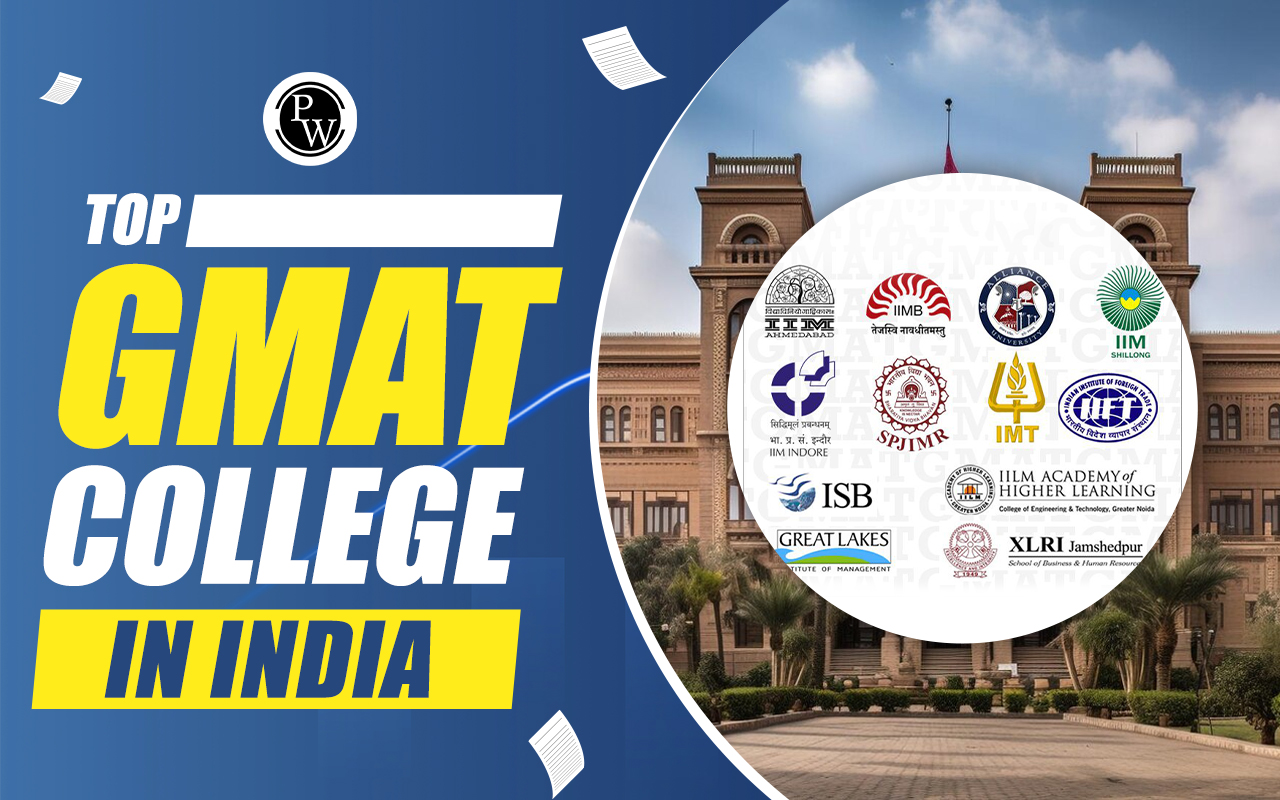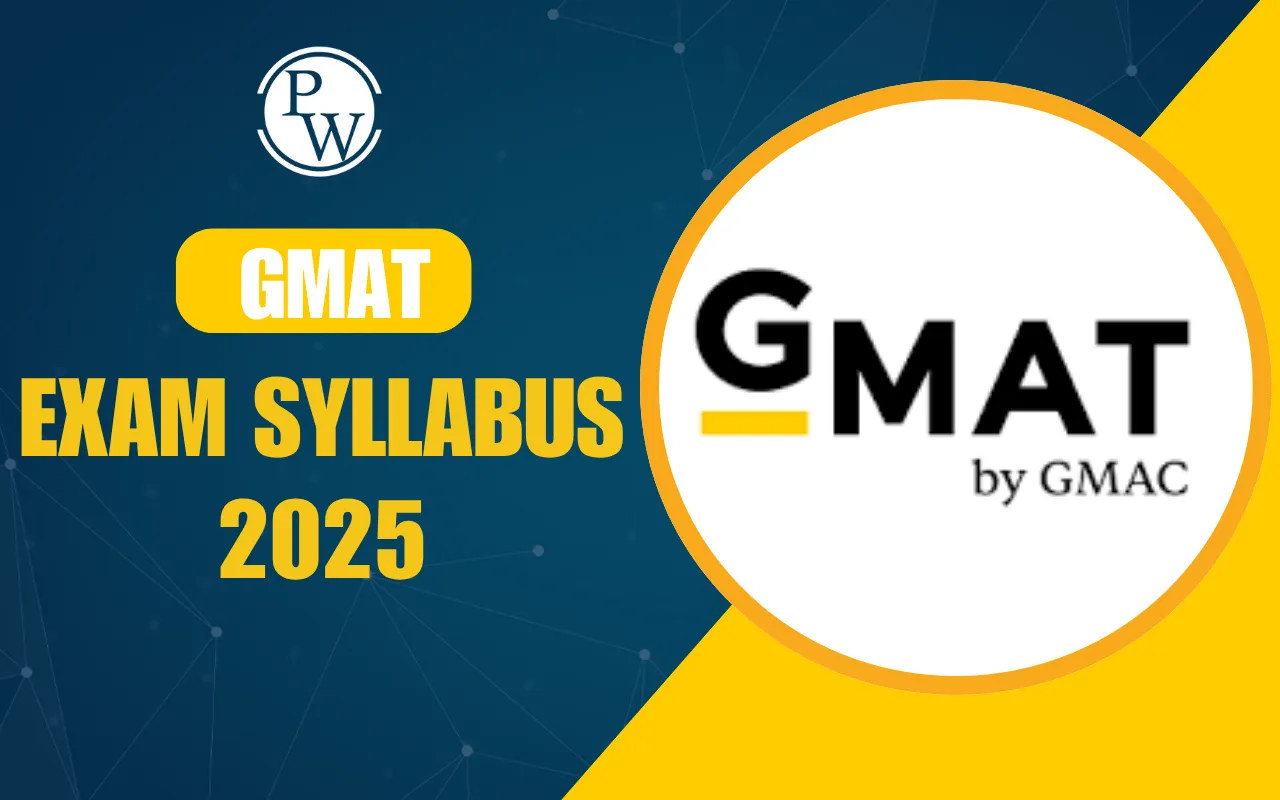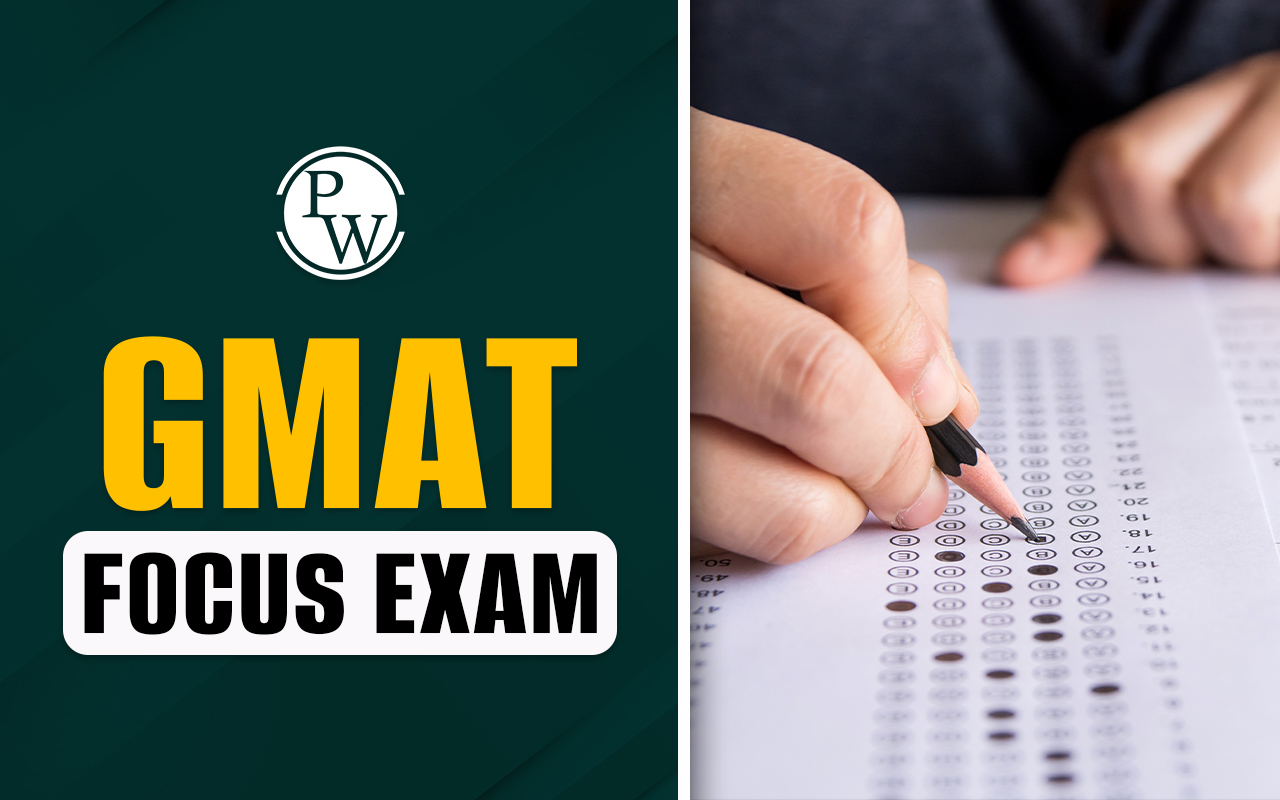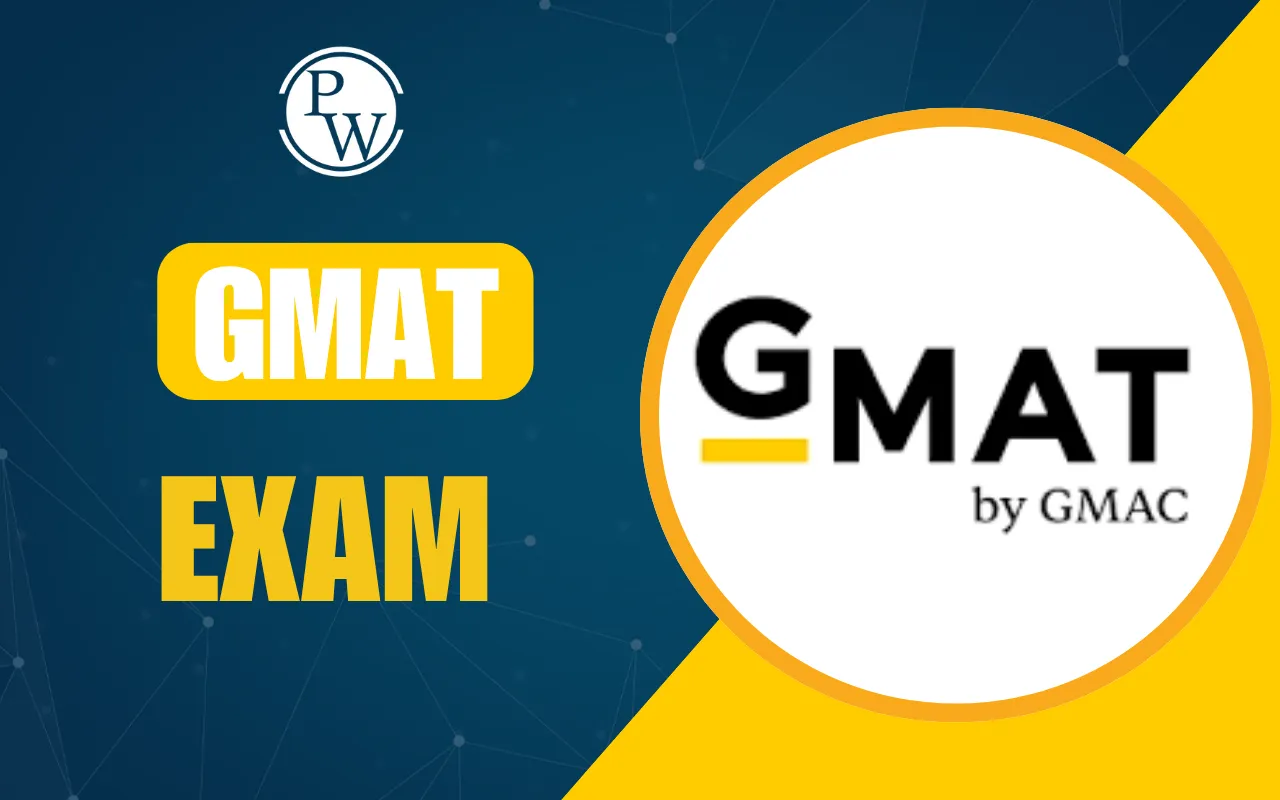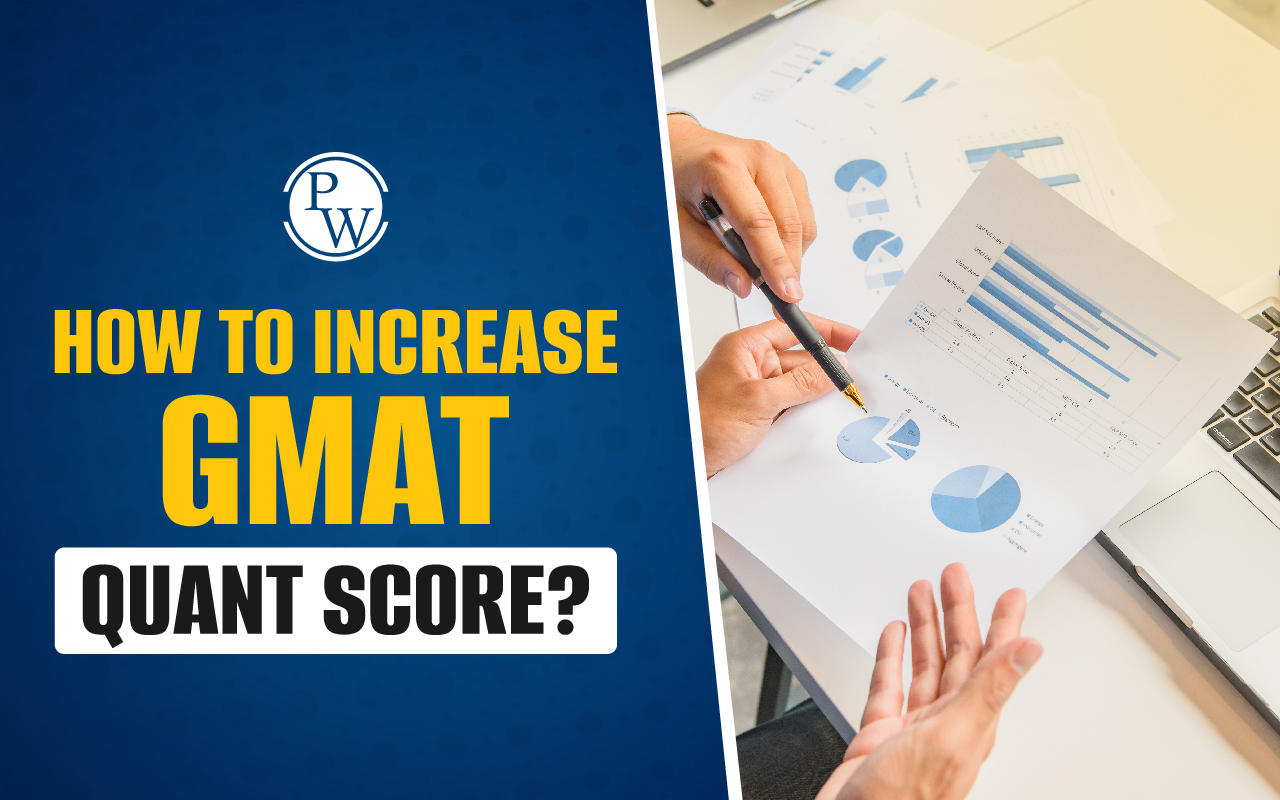
GMAT Quant Foundation: Quantitative Reasoning (QR) is the most challenging section in the GMAT Focus exam . Excelling in the GMAT Quantitative Reasoning section is crucial to enhance the overall exam scores. The QR section evaluates candidates’ problem-solving and mathematical abilities.
- To score good marks in GMAT Quant, it is essential to focus on conceptual understanding and practical application.
GMAT Quant Topics
The GMAT Quant section checks your understanding of basic math ideas you learned in school, like arithmetic and algebra. You’ll see questions on things such as fractions, percentages, ratios, powers, roots, equations, inequalities, and word problems about speed, age, and money. Advanced math like calculus or trigonometry is not included, so you only need to focus on core topics like number properties, averages, and simple statistics. The questions are designed to make you use logic and apply math to real-life situations.
Important GMAT Quant Foundation Topics
The GMAT Quantitative section plays a crucial role in candidates’ GMAT success. The key topics of GMAT Quant assessing candidates’ mathematical proficiency and logical reasoning skills. Therefore, it is essential to gain a thorough understanding of GMAT Quant basics. Here are the major topics included in the GMAT Quant section:- Algebra: It includes questions based on linear and quadratic equations, functions, and inequalities. These topics form the backbone of many quantitative questions.
- Arithmetic: In this, candidates should build their foundation with concepts like fractions, decimals, percentages, and basic calculations. A clear understanding of the basics is crucial for solving more advanced questions.
- Word Problems: To solve these questions, candidates are required to translate real-life scenarios into mathematical terms. To score good marks in this topic, it is necessary to have a strong grasp of algebra and arithmetic concepts.
- Geometry: in this section, candidates have to cover the properties of shapes, coordinate geometry, and relationships involving angles and lines. A strong grasp of geometry is essential for solving various challenging problems in GMAT.
- Data Analysis: It includes topics like probability, statistics, sets, and permutations. These topics test candidates’ ability to analyse and interpret data, which is crucial for decision-making.
Questions in GMAT Quantitative Section
The Quantitative section of the GMAT exam comprises 21 MCQs, which candidates need to answer in 45 minutes. These questions are designed to assess candidates’ problem-solving and data analysis skills through the following question types:- Data Sufficiency (DS): In these types of questions, candidates are tested for their ability to evaluate the information provided. Rather than solving the problem directly, candidates have to determine whether the provided data is adequate to answer the question. Candidates need to work on their critical thinking and decision-making over simple calculations.
- Problem Solving Questions: Here, candidates have to understand the given question and apply the necessary concepts and formulas to solve it. Further, they need to select the correct answer from the provided options to score marks.
GMAT Quant Preparation
To prepare for the GMAT Quant section, start by reviewing all the main topics: arithmetic, algebra, and word problems. Practice solving problems without a calculator, since you won’t get one on the test. Use sample questions and mock tests to get used to the exam’s timing and question style. Focus on understanding the logic behind each problem, not just memorizing formulas, so you can solve new problems quickly and accurately.
GMAT Quantitative Tips
For the GMAT Quant section, read each question carefully and look for shortcuts to save time. Practice mental math and estimation, because you can’t use a calculator. If you get stuck, try to eliminate wrong answer choices and make an educated guess instead of spending too much time on one question. Always check your work for simple mistakes, and keep practicing different types of problems to build your speed and confidence.
Effective Strategies for Quant Preparation GMAT
Here are the effective GMAT quant strategies that are crucial to improve candidates’ exam preparation:Build a Strong Foundation
Candidates should initiate their GMAT Quant preparation by mastering basic concepts in arithmetic and algebra. These fundamentals are essential for tackling advanced topics and solving tricky problems effectively.GMAT Focus on Question Types
Understanding the type of questions asked in the GMAT Focus QR section helps candidates learn and improve their problem-solving skills. When preparing for GMAT, candidates should solve various types of QR questions from sample papers and PYQs to build GMAT Quant skills. With regular practice, candidates can effectively strengthen their ability to understand the question type, which helps in improving speed and accuracy.Solve Question on Tmed Manner
Candidates should develop speed and accuracy through timed practice sessions. As the GMAT includes a sectional time limit, it is essential to improve time management skills. Solving practice papers by setting a deadline helps candidates improve their ability to solve questions accurately within a short timeline. Ideally, candidates should solve each GMAT QR question in 2 minutes to complete all the questions within the exam duration.Apply Smart Strategies
Candidates should adopt smart problem-solving strategies that are specific to the GMAT. These include:- Using shortcuts and alternative approaches instead of relying solely on traditional methods.
- For Problem-Solving questions, candidates should try substituting numbers for variables. This approach simplifies calculations and improves speed and accuracy.
Take Regular GMAT Mock Tests
Mock tests are designed to copy the actual test environment and paper pattern. Candidates must take multiple GMAT Mock tests to gain familiarity with the exam pattern. Taking mock tests regularly also helps candidates set an effective exam-taking strategy that aligns with their preparedness.Review Test Performance to Make Improvement
After completing each mock test and PYP, candidates should analyse their performance to identify the problem areas. Further, candidates should focus on the weak sections to improve problem-solving skills. Here are the strategies candidates must use to improve their test performance:- Review incorrect answers to understand where and why you went wrong.
- Identify weak areas and focus on strengthening them.
- Go through the solutions to grasp the correct methods and approaches to solving specific types of questions.
- Keep a log to track progress and monitor improvement over time.
GMAT Quant Foundation FAQs
How to prepare Quant for GMAT?
What topics are covered in GMAT focus?
Is a calculator allowed in GMAT Focus?
How many questions are there in GMAT Focus?
Which section is toughest in GMAT Focus?

